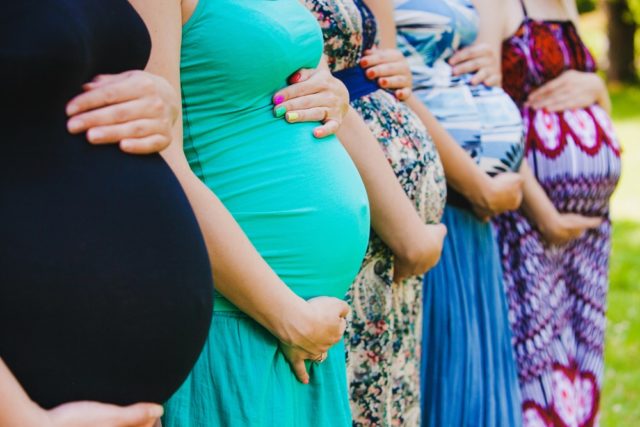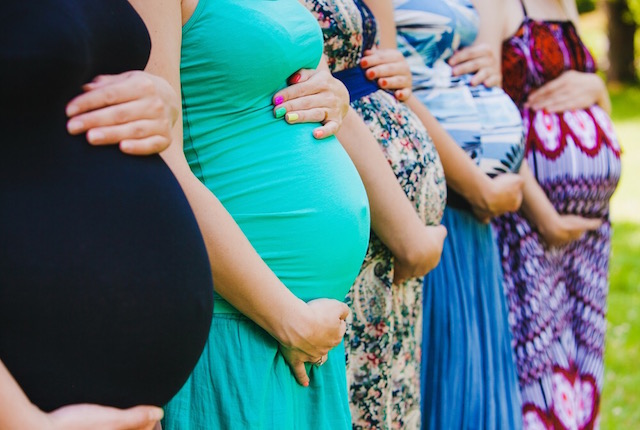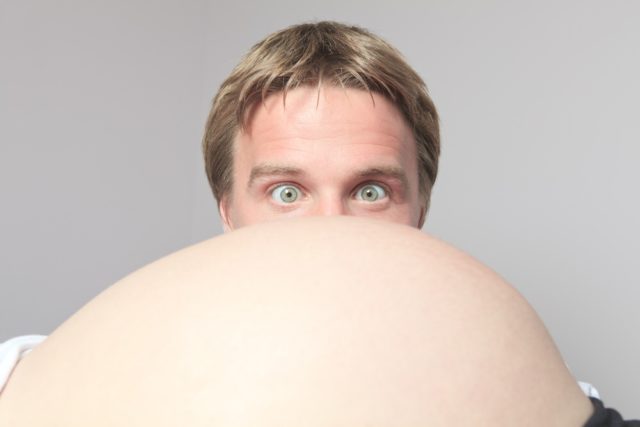By Dr Victoria Nisenblat, Gynaecologist, Fertility Specialist, Surgeon at Fertility SA
Too fat? Too skinny? Can women actually win?
We all know that obesity can also affect our gynaecological health with an increased risk of some gynaecological cancers, reduced chances of conception and conditions such as polycystic ovaries.
But for the 60% in Australia who are now overweight or obese there is also a proportion of women of childbearing age who are underweight. In our quest to look good in skinny jeans are we putting our reproductive health at just as much of a risk?
How being underweight affects fertility?
There are a number of factors that have negative impact on fertility in underweight women, mainly related to low body fat, excessive exercise and poor nutrition.
:: Low body fat
For women trying to get pregnant, it is important to have certain amount of body fat. Fat is where the body stores and uses oestrogen, one of the most important hormones essential to fertility. An adequate oestrogen level is needed to stimulate egg release by the ovary (ovulation). If there isn’t enough fat, there isn’t enough storage and too little estrogen to induce ovulation. Having less than 22% body fat correlates with low estrogen levels and at this level we see issues with menstruation and fertility.
:: Excessive exercise
Physical activity produces many positive effects on the body. However, when exercise becomes too strenuous it can lead to production of excessive amounts of the stress hormone cortisol, which stops the release of important hormones that regulate ovulation. Excessive exercise also releases endorphins. Endorphins aren’t bad, but they do tend to increase the release of prolactin, a chemical that is related to milk production and interrupts the natural process of ovulation, reducing chances for pregnancy.
:: Poor nutrition
Those following low calorie diets show a higher occurrence of abnormal menstrual periods and impaired function of the ovaries. Inadequate energy intake leads to the range of changes in metabolism which help body to adjust to low calorie intake, but have negative effect on ovaries and chances for pregnancy. Apart from changes in release of insulin, cortisol, leptin, and a host of other hormones, poor nutrition leads to low body production of progesterone, a hormone responsible for preparing the uterus for pregnancy during the second half of the menstrual cycle. Having a disturbance at this stage means the ovulation and fertilisation of egg can be normal, but there is not enough time for the fertilized egg to properly implant in the uterus.
But does every woman with a low BMI have decreased fertility?
Definitely not. Being underweight doesn’t affect the fertility of all women and the effects of weight vary with each individual. If a woman has a low BMI, has a sufficient diet, and doesn’t exercise excessively, it generally means that she is naturally thin and fertility problems are minimal concerning weight.

Top strategies for underweight /over-exercise women
1. Check your BMI. Having a BMI between 25 and 29.9 is considered ‘overweight’ and a BMI over 30 is considered ‘obese’. The values are different in Asian and Pacific islands population, where normal weight is between 50 and 22.99, overweight between 23 and 27.99 and obese over 28.
2. Increase your caloric intake through healthy eating. The key is a well-balanced diet with appropriate proportions of proteins, healthy fats, and carbohydrates to help re-establish optimal body composition and body fat levels. This includes regular nutrient dense meals incorporating lentils, olive oil, nuts and seeds.
3. Reduce your exercise, especially if you have any signs of or irregular menstruation. It is important to recognize that when it becomes too much for your body to handle, you may feel worse after a workout, or you may get sick frequently. Change up your exercise regime by cutting back the amount of exercise you are doing or by including less intense forms of exercise like yoga.
4. Track your menstrual cycles.This will help to determine whether or not there are irregularities in your cycle. It includes keeping record of when your period starts and when it ends each time. There are many great apps that can help with this.
5. Check if you are ovulating. This can be done through tracking of basal body temperature, which will slowly start to rise as you approach ovulation and will peak at the time of ovulation. You can also determine whether you are ovulating by the type of cervical discharge you are producing: ovulatory discharge is characteristically white, thick, and sticky. A urine test that detects LH levels (ovulation predictor kit), will also indicate if you are ovulating, showing a peak level approximately 14 days before your period arrives. The most accurate predictor is the blood test for progesterone levels; an absence in the rise of progesterone throughout your cycle means that you are not ovulating.
6. Talk to someone about your weight. There may be emotional issues that are stopping you from eating a healthy diet. If you feel anxious or worried when you think about food, or feel you may be using control over food to help you cope with stress or self-esteem, you may have an eating disorder. If you think you may have an eating disorder, please talk to your doctor as help is available
Overall, the answer doesn’t lie in the bottom of a Quarter Pounder box. If you are underweight and think you may have fertility problems, talk to your doctor and identify a plan to help you achieve your ideal fertility fitness. This may include seeing fertility specialist at earlier stage to identify the concerning issues and to tailor specific plan for you.
By Dr Victoria Nisenblat
Dr Victoria Nisenblat is a gynaecologist with a special interest in pelvic pain, infertility and reproductive health. She obtained her medical degree in Israel followed by specialist training in Obstetrics and Gynaecology in both Israel and Australia. She completed her PhD in Medicine in 2013 at the University of Adelaide and holds academic appointment of Researcher and Lecturer at the University. Her research is focused on diagnosis and management of endometriosis. Dr Nisenblat is undertaking subspecialty training in reproductive endocrinology and infertility. Dr Nisenblat consults at Pelvic Pain SA, Royal Adelaide Hospital and The Queen Elizabeth Hospital as well as Fertility SA.
Victoria is an avid skier who would love to have more time to travel and follow the snow. She loves spending time with her family, including her two fur kids- cats Victor and Isabella.










